AI-Generated Movie Frames: Attribution, Ethics, and Transparency
Featuring Reid Southen & Gary Marcus
We are witnessing a pivotal moment in the evolution of AI-generated content, raising significant ethical and legal concerns. Recently, Reid Southen, a digital artist, highlighted disturbing findings about the ways in which AI tools, specifically MidJourney, are generating near-exact replicas of scenes from popular movies. His detailed investigation suggests that these models may be trained on copyrighted materials, creating not just artistic, but also legal implications.
In a detailed thread on X (formerly Twitter), Southen shared his experiences investigating how AI systems, particularly MidJourney, are replicating frames from well-known films. His findings suggest that AI models are producing precise movie screencaps without users explicitly requesting them. Below are some key points from his revelations:
Training on Full Films: Southen believes that MidJourney is likely trained on full movies or screencap websites due to the uncanny accuracy of some frames generated by the AI. He shared that some images generated by a vague prompt like "popular movie screencap" were so accurate that they could only be matched after combing through the films themselves. In cases involving movies like Top Gun and Avengers, the AI produced frames that were near-perfect replications of actual scenes from these films.
Broad Scope of Replication: Southen revealed a portion of his PureRef working document, where he systematically matched MidJourney's outputs to movie scenes. He stated that it was time-consuming, but the results were alarming. He was able to find a large number of exact matches between AI-generated content and frames from films, reinforcing his belief that these models are trained on copyrighted material.
AI Misbehavior: One of the most concerning revelations was that the AI system often generated IP-protected images even when Southen’s prompt wasn’t specific about wanting frames from movies. For example, when he used the prompt “movie screencap” or “popular movie screencap,” the system consistently provided images lifted from popular films, indicating that the AI might not be designed with sufficient safeguards to prevent unauthorized use of copyrighted works.
Repetition of the Issue: Southen noted that this problem wasn’t isolated. He repeated his experiments multiple times, each time prompting the system with vague movie-related queries, and the AI consistently provided frames that appeared to be sourced directly from well-known films.
Ethical Concerns for Creators: These findings present an ethical dilemma for creators, filmmakers, and studios whose works might be used without consent in AI training datasets. Southen’s investigation highlights a larger issue of transparency in how these AI systems are trained and what datasets are being used. If AI models are using copyrighted material without permission, they could be infringing on intellectual property rights, raising legal questions about accountability and fair use.
Broader Implications
Southen’s revelations are significant not just for the creative community but also for policymakers, legal experts, and developers working with AI. As AI-generated content becomes more sophisticated and ubiquitous, questions about copyright infringement, transparency, and data ethics must be addressed. There is a growing need for clearer guidelines on how copyrighted content is used in AI training datasets, and whether creators have given consent for their work to be included.
For those involved in AI research or development, it is crucial to understand these concerns and take proactive steps to ensure AI models are trained responsibly. This includes the use of legally sourced datasets, transparent training processes, and better mechanisms to filter out copyrighted material during content generation.
Why This Matters
The use of copyrighted material by AI models without permission poses significant legal risks, particularly for industries reliant on creative assets, like film, music, and art. Southen’s findings emphasize the need for more transparency in AI training processes. As we look deeper into ethical AI development, it's crucial that models adhere to copyright laws to avoid IP theft, while still fostering innovation.
Relevant Technical Legal Report for this: IPLR-IG-010
For a more structured approach to addressing these concerns, consider reading IPLR-IG-010, which provides detailed guidelines on intellectual property rights and their implications in the realm of generative AI models. It underscores the importance of balancing innovation with compliance, particularly when it comes to the use of copyrighted works in AI training datasets.
IPLR-IG-010 delves into the following aspects:
Copyright Law and AI: Understanding how copyright protection extends to AI-generated content.
Ethical Use of Data: The importance of transparency in how data is sourced and used by AI systems.
Legal Challenges: A review of cases where AI-generated content has infringed on IP rights and the outcomes of these disputes.
This framework can provide more concrete guidance on how to navigate these challenges in the future, particularly as AI-generated content becomes more prevalent in both commercial and artistic sectors.
Moving Forward
As AI technologies like MidJourney continue to push alleged creative boundaries, it's essential for AI developers, content creators, and legal experts to come together and establish clear protocols on data sourcing and usage. The conversation is not just about preventing IP theft but also ensuring that AI’s potential for innovation is realized in a legally and ethically responsible manner.
You can explore more on this topic in the article by Reid Southen and Gary Marcus, which discusses these findings in depth.
Disclaimer: The content of this post is informed by Reid Southen’s thread on X/Twitter and is attributed accordingly.
More ISAIL Updates
[Promotional Post] Are you the Next Tech Titan ? Nominate for the 5th Edition of Best Tech Brands 2024
This is a promotional post featuring the ET Best Tech Brands Summit 2024.
Our Statement on India’s 1st National Research Foundation Meeting
This past week has marked a significant period for both the Government of India and the Government of Uttar Pradesh, with notable developments in the field of technology and research that promise to shape the future of India's technological landscape.
The Bharat Pacific Principles of Artificial Intelligence Standardisation, Version 1
Remember, that months ago, I had discussed about the potential to enable artificial intelligence standardisation via aistandard.io by Indian Society of Artificial Intelligence and Law?


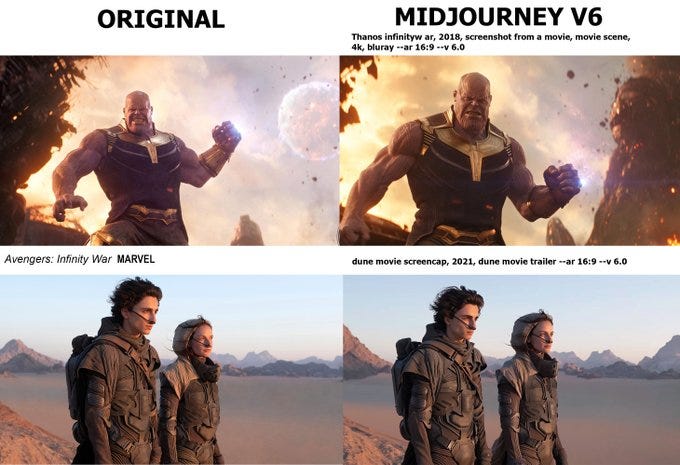
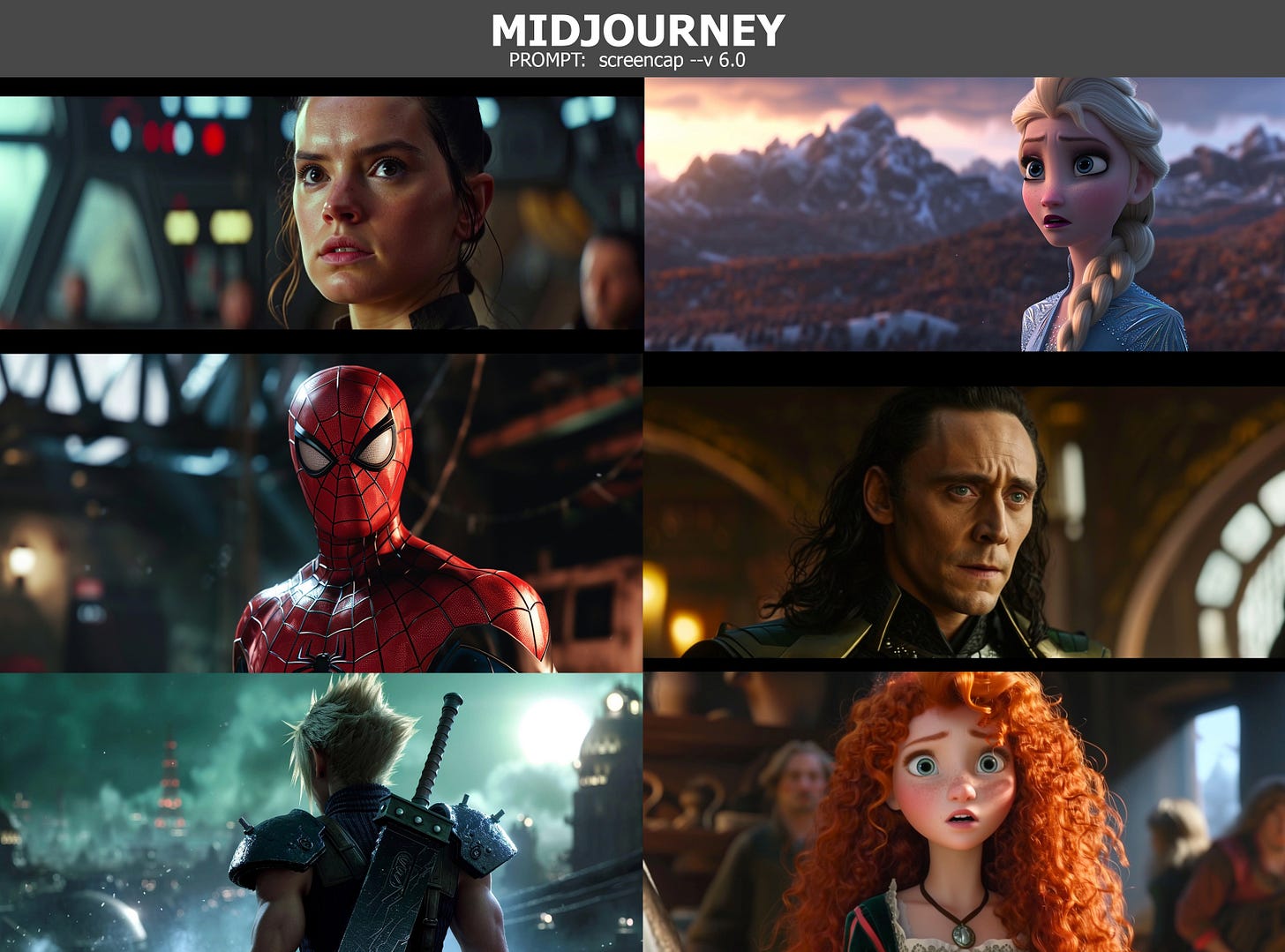
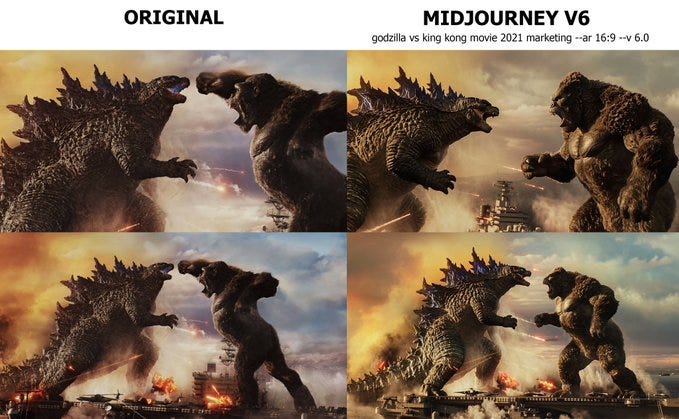
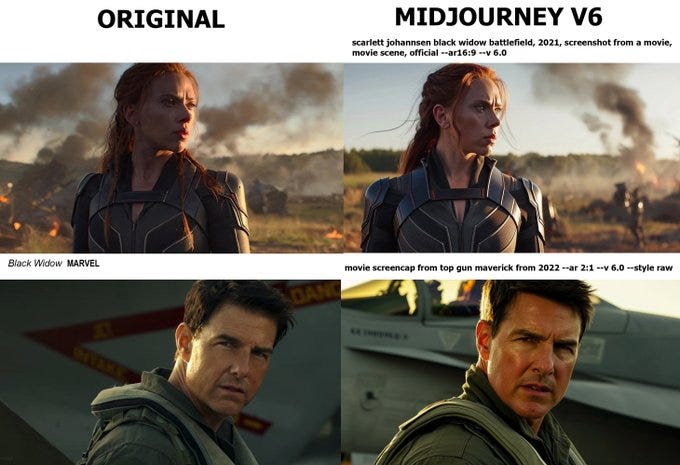
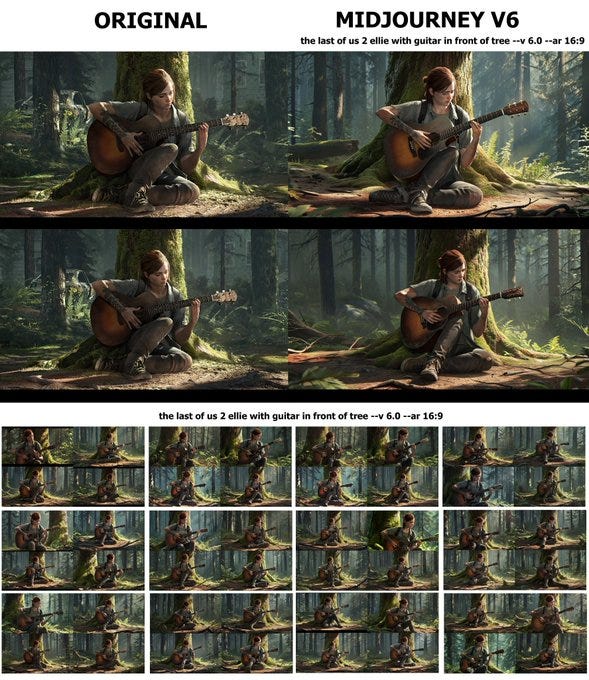
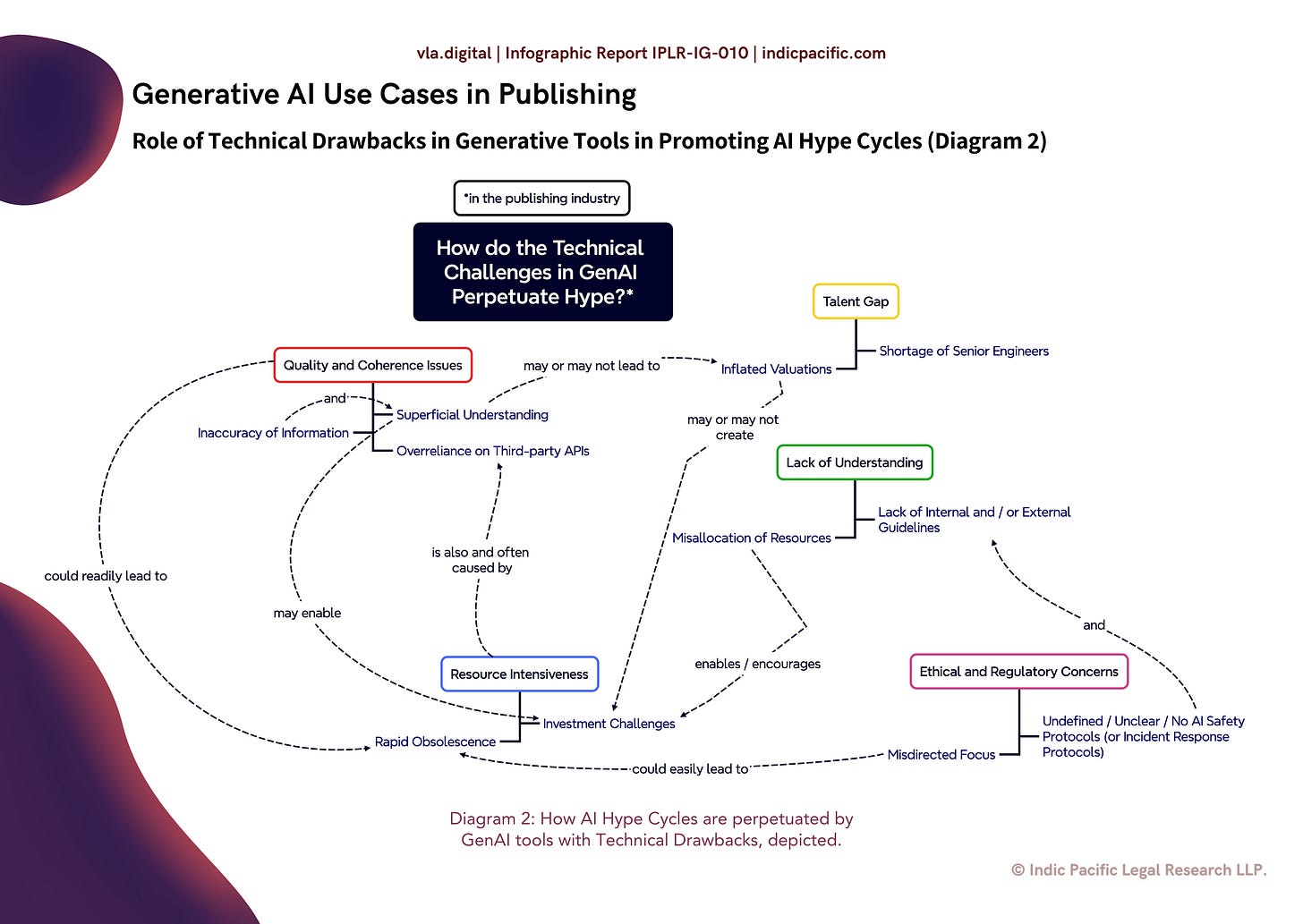
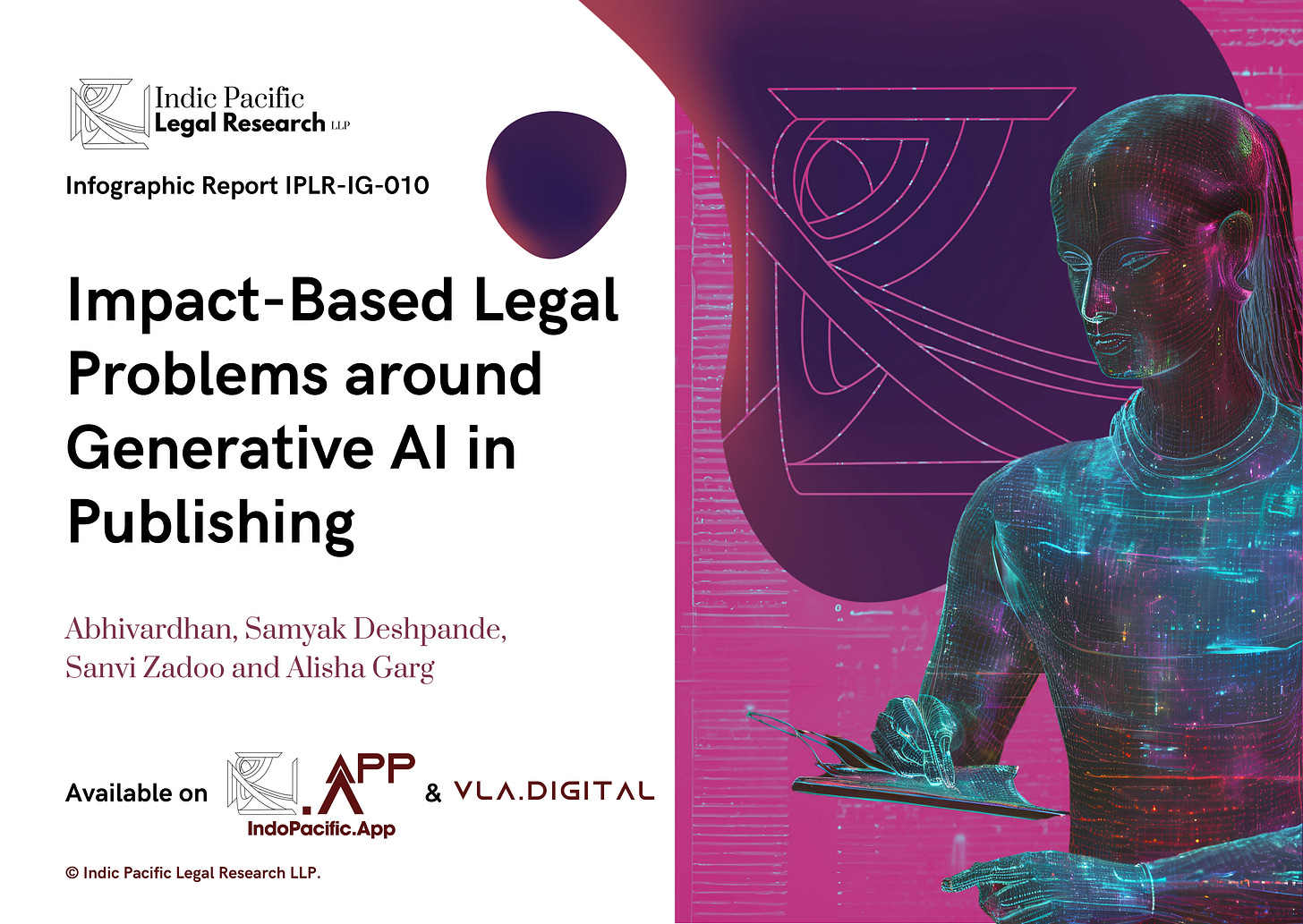
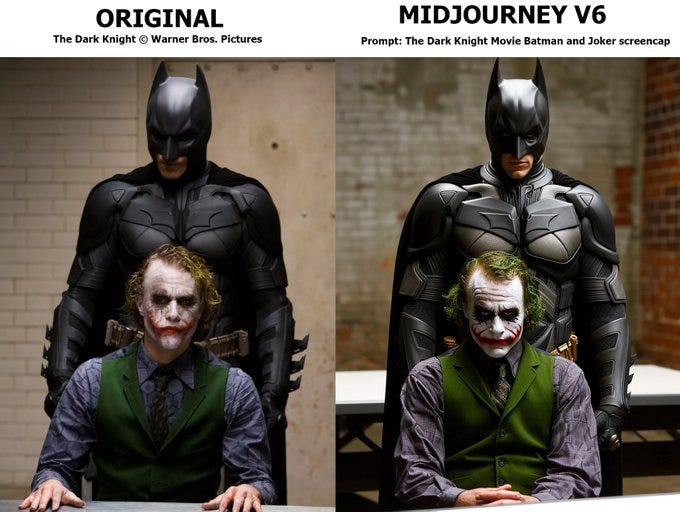
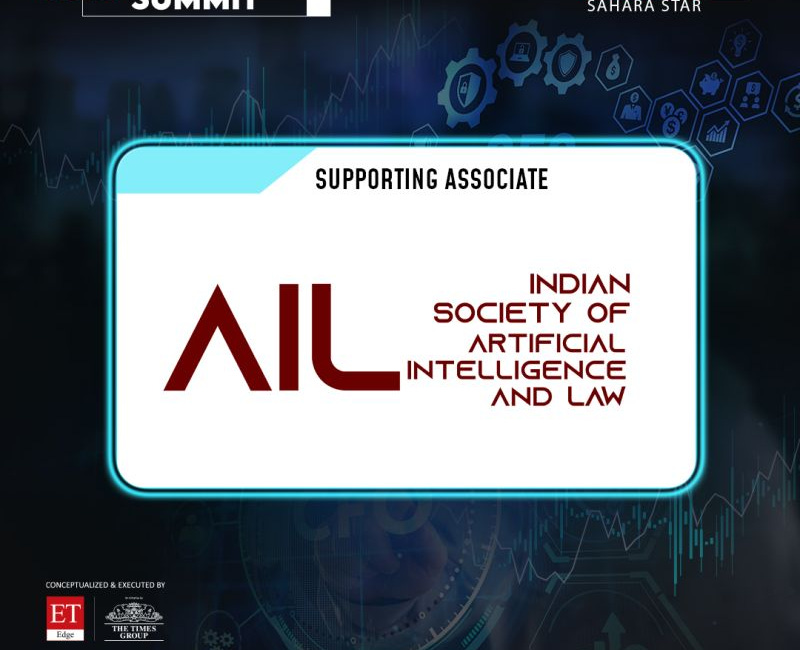
![[Promotional Post] Are you the Next Tech Titan ? Nominate for the 5th Edition of Best Tech Brands 2024](https://substackcdn.com/image/fetch/$s_!jUyu!,w_1300,h_650,c_fill,f_auto,q_auto:good,fl_progressive:steep,g_auto/https%3A%2F%2Fsubstack-post-media.s3.amazonaws.com%2Fpublic%2Fimages%2Fbfaacb98-3adb-44af-8e4e-6a65e4d24b92_650x644.jpeg)


![[New Report] Risk & Responsibility Issues Around AI-Driven Predictive Maintenance, IPLR-IG-009](https://substackcdn.com/image/fetch/$s_!Y5kw!,w_1300,h_650,c_fill,f_auto,q_auto:good,fl_progressive:steep,g_auto/https%3A%2F%2Fsubstack-post-media.s3.amazonaws.com%2Fpublic%2Fimages%2F49d0b2a4-72c3-4e3e-8e60-a4a0ae000c60_623x442.gif)